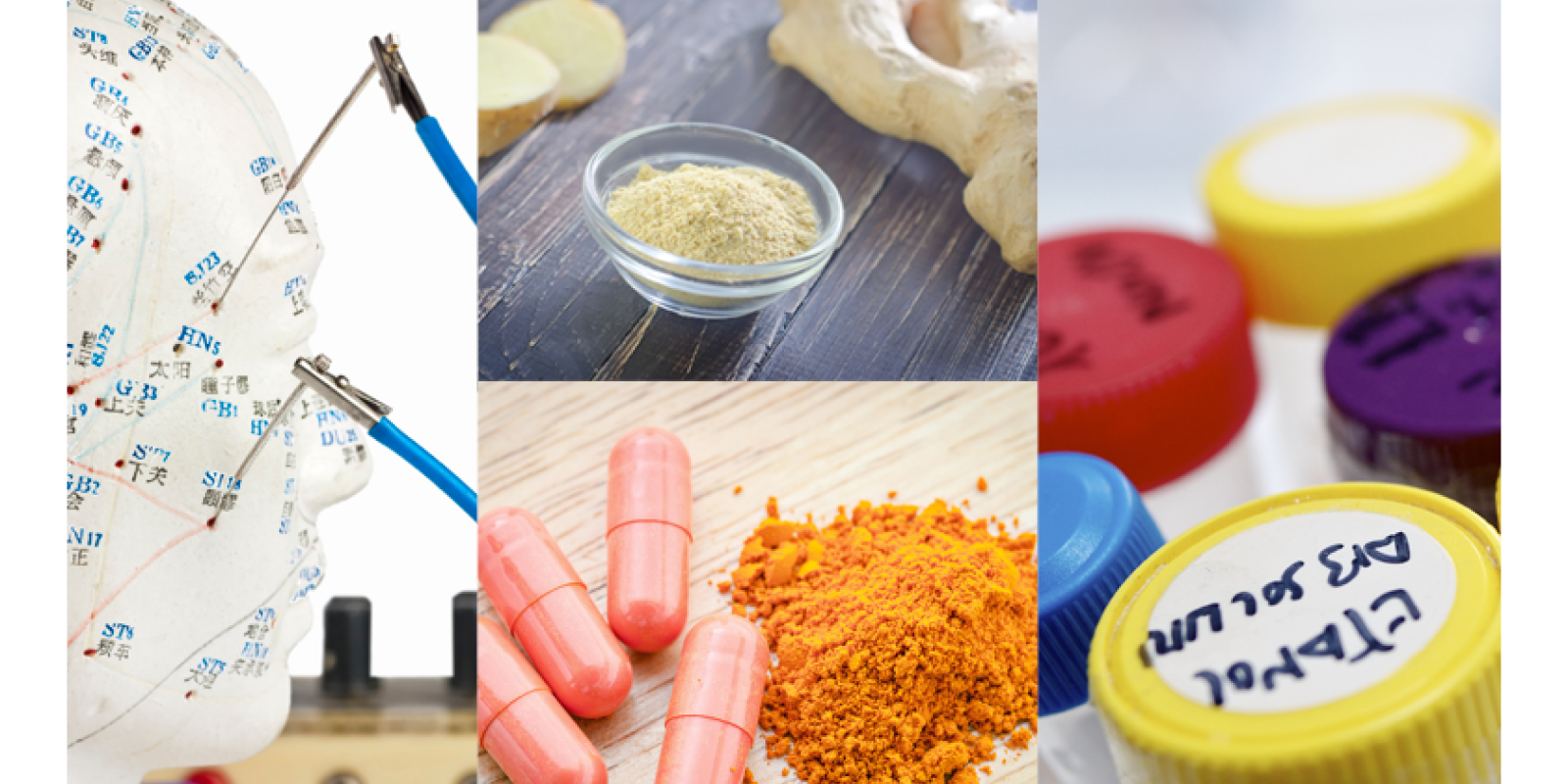In Norway, health-related therapies not included within the standard medical healthcare system are officially termed "alternative treatment". Internationally, this is often known as "complementary and alternative medicine (CAM)." Here, we use the term CAM for consistency with global terminology.
CAM is defined in Norway by Section 2 of the Act No. 64 of 27 June 2003, which states that alternative treatment includes health-related treatments practiced outside the established health services by non-authorized health personnel. Such treatments are also covered by the term "alternative treatment" if they are provided by authorised health personnel.
The term "health-related treatment" covers interventions aimed at preventing, treating, and relieving symptoms and diseases, including those that enhance the immune system and the body's self-healing abilities. The key aspect is the therapeutic intention, regardless of the actual health impact.
For the CAM Act to apply, a professional relationship between the service provider and the client must be identifiable. Such is enhanced by using a professional title like “massage therapist”, “acupuncturist” or the like, and supported by professional practices such as marketing and keeping patient records.
Non-medically qualified CAM providers must adhere to the CAM Act, while medically qualified providers are also subject to the Medically Qualified Personnel Act (in Norwegian).
Disagreements may arise about whether a service is health-related and thus covered by the CAM Act or not. Ultimately, legal authorities decide on the application of the Act.
Religious rites, beauty care, and well-being
Services like religious rites (such as intercession), beauty care, and those generally meant for well-being and lack a clear health-related purpose do initially fall outside the CAM Act. However, services that include religious elements might still fall under the CAM Act after further evaluation. For instance, if the service is advertised beyond the religious community, promises healing through prayer, or charges a fee for prayer, the CAM Act might be found to regulate it. You find more details about this in our article on prayer (in Norwegian).
Self-help and self-development
NAFKAMs surveys inquire about Norwegians' use of CAM, including consultations with providers like acupuncturists, use of herbs and natural remedies, and self-help techniques like yoga for health improvement. More details are available in our summary on self-help for health-related purposes (in Norwegian)
Further reading
- NHS: Self-help therapies (Visited Jan 27, 2021)
- What is "conventional medicine" in Norway? (in Norwegian)
- Dietary supplements and plant-based drugs (in Norwegian)
- Complementary and alternative medicine (CAM) is defined and regulated differently from one country to the other (in Norwegian)
- The Norwegian Consumer Authorities' guidelines to CAM providers, and public information to consumers (in Norwegian)
- Ot. prop. nr. 27 (2002-2003) om lov om alternativ behandling av sykdom mv. (in Norwegian)
- Foreigners in Norway: Information about your health care rights as a worker, pensioner or tourist in Norway
- Facts and numbers about Norwegian CAM users
